2026 Aston Martin Valhalla Hypercar Ready for Production with 1,064bhp Twin-turbo V8 Plug-in-hybrid Powertrain
Aston Martin has unveiled the production version of the Valhalla Hypercar, capable of accelerating from 0 to 100km/h in just 2.5 seconds. Its top speed is electronically limited to 350 km/h.
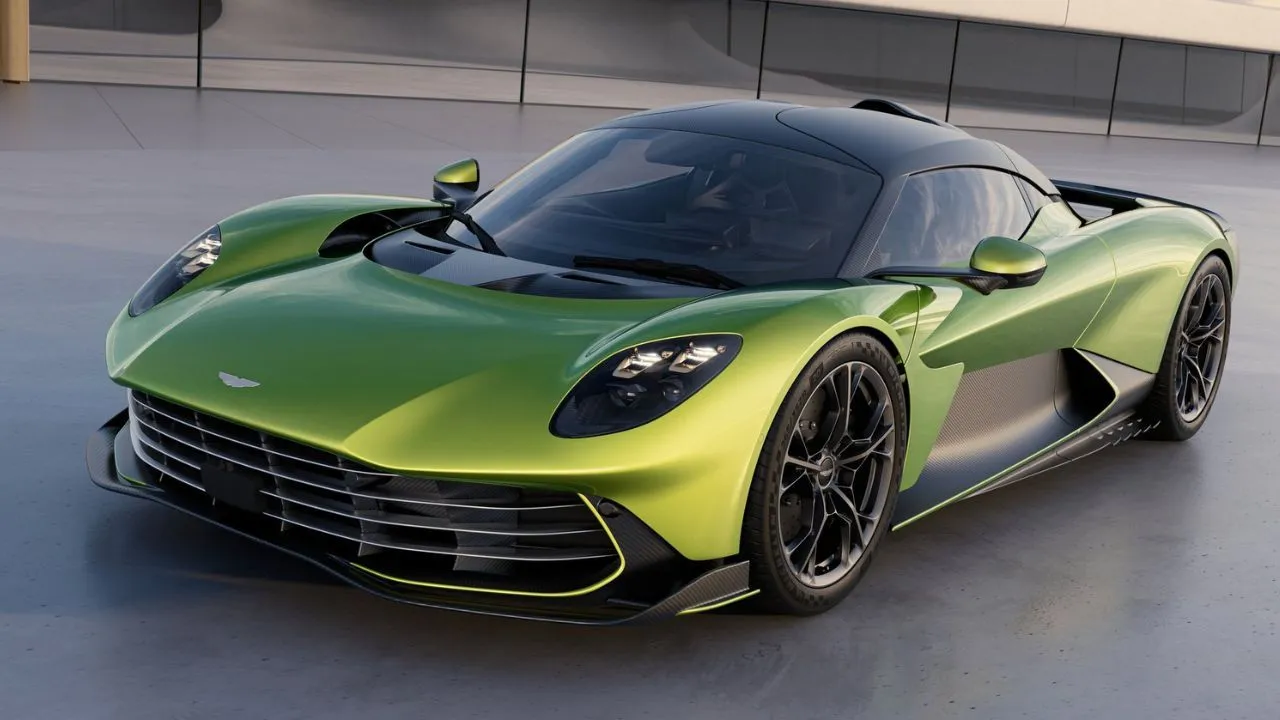
The Aston Martin Valhalla is set to enter production, nearly five years after its initial announcement in 2019. Initially designed with a V6-hybrid powertrain, the car now features a twin-turbocharged V8 engine paired with a plug-in hybrid system. This setup delivers advanced performance while meeting modern efficiency standards. Built with a carbon-fibre tub and aluminium subframes, the Valhalla weighs 1,655 kg. Originally capped at 500 units, production has increased to 999. Deliveries are expected to begin in the second half of 2025, with this hybrid supercar likely to appear on iconic roads like Monaco's.
Also Read: autoX Awards 2024: Aston Martin DB12 Performance, Quality and Value for Money Ranked
Aston Martin Valhalla: Design
The Aston Martin Valhalla features a design that combines familiar elements with updated details. Its overall shape and nose are similar to Aston Martin's front-engine models, but larger side cutouts and flared wheel arches give it a distinct profile focused on aerodynamics and performance.
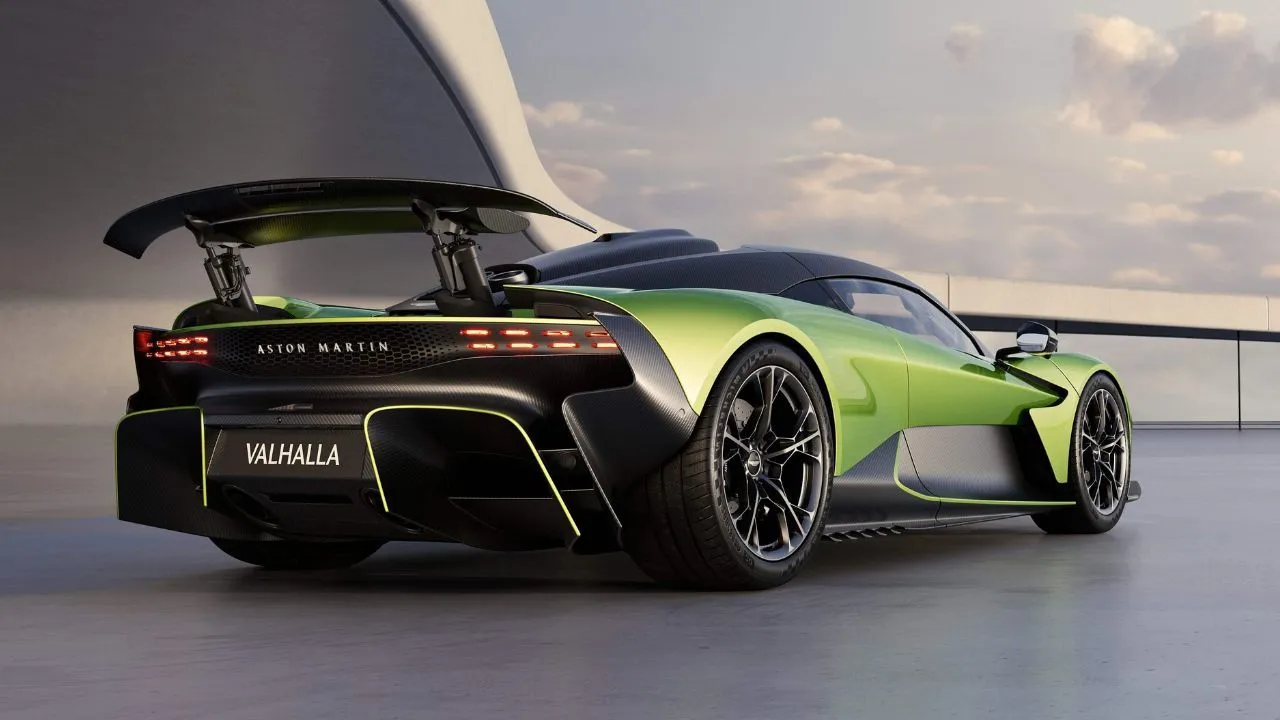
One notable feature is the retractable rear wing, positioned at the level of the roof scoop rather than the roofline.
Aston Martin Valhalla: Interior
The Aston Martin Valhalla's interior is designed for performance. It features one-piece carbon seats and a carbon steering wheel inspired by F1 cars. The seating position places the driver's feet at the same level as their hips, similar to a Formula One car, improving control and driving experience.
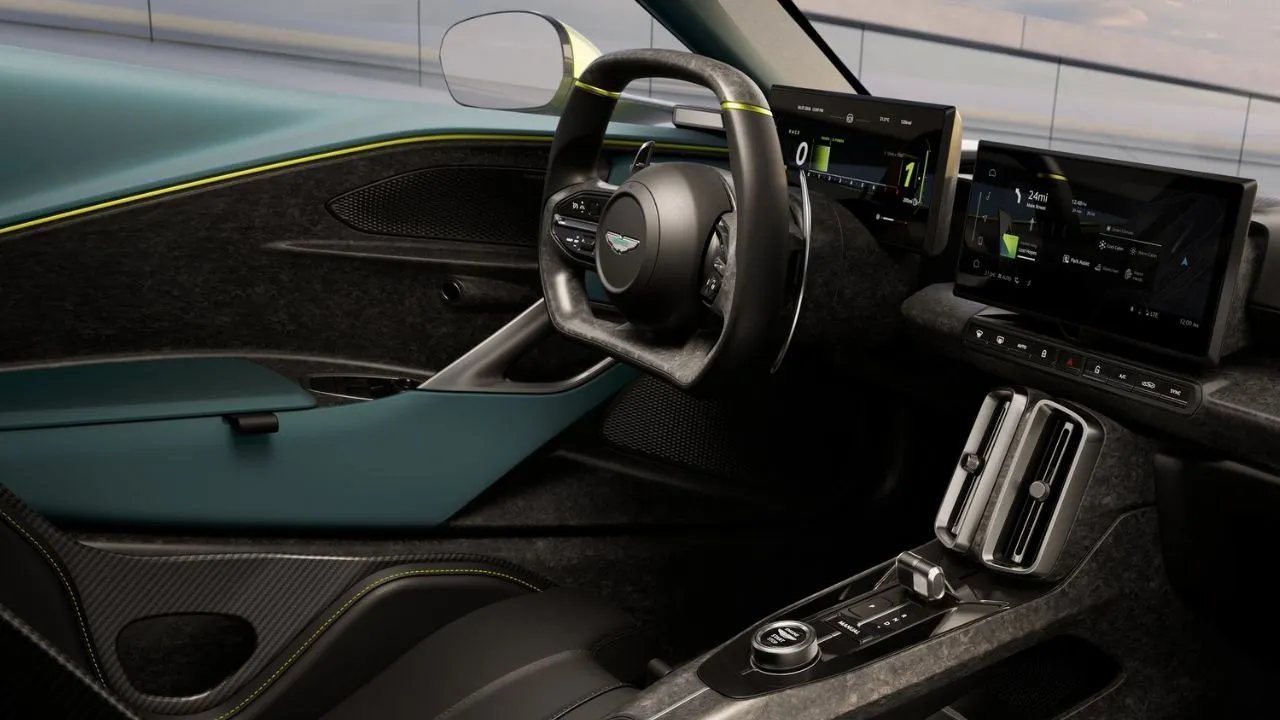
The transmission tunnel is made from recycled forged carbon. The dashboard holds dual digital displays, offering key information in a straightforward layout. This design prioritizes performance and functionality within the Valhalla's cabin.
Aston Martin Valhalla: Powertrain
The Aston Martin Valhalla features a 4.0-litre V8 engine sourced from Mercedes, producing 817bhp. Combined with three electric motors—two on the front axle and one integrated into the transmission—the total system output reaches 1064bhp and 1099Nm of torque. This setup allows the Valhalla to accelerate from 0 to 100 km/h in 2.5 seconds, with a top speed electronically limited to 350 km/h.
Also Read: Aston Martin DB12 Goldfinger Edition Marks the Brand's 60 Years of Partnership with James Bond
The Valhalla uses an eight-speed dual-clutch transmission to send power to the rear wheels. It lacks a reverse gear, with the front electric motors handling reverse movement. These motors also assist in low-speed driving and improve fuel efficiency. In electric mode, the Valhalla offers a range of 14 km.
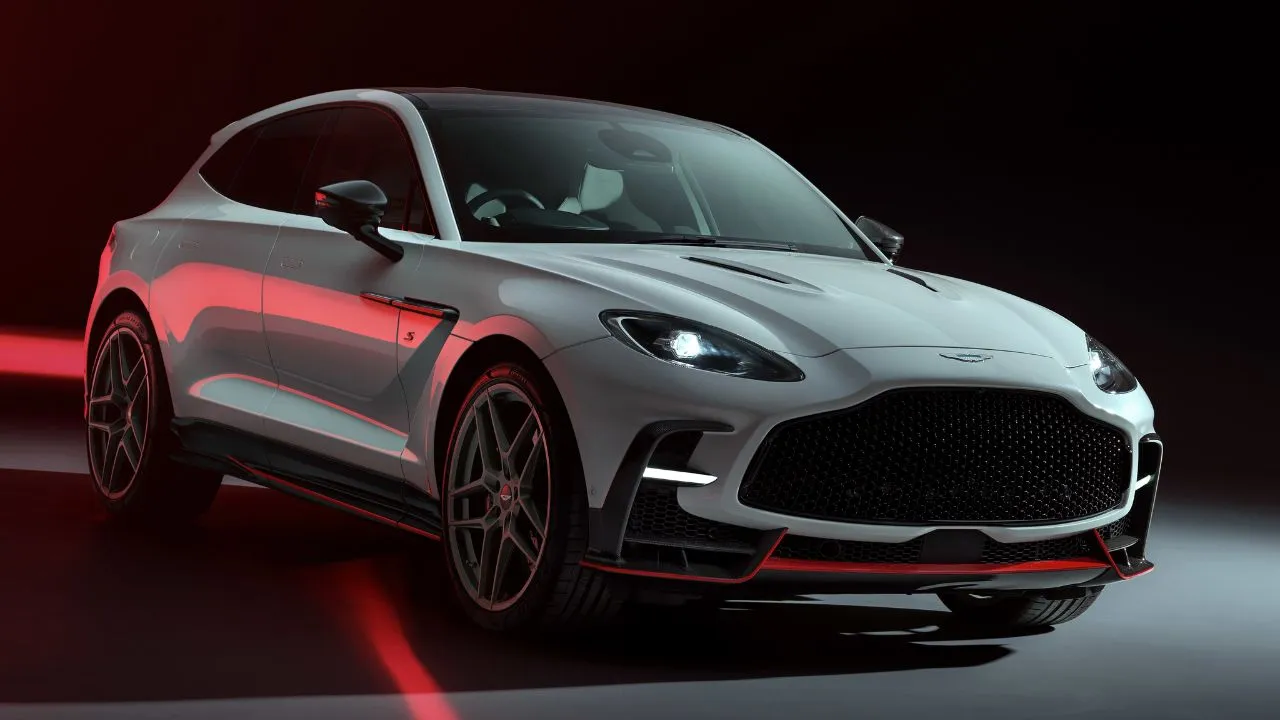
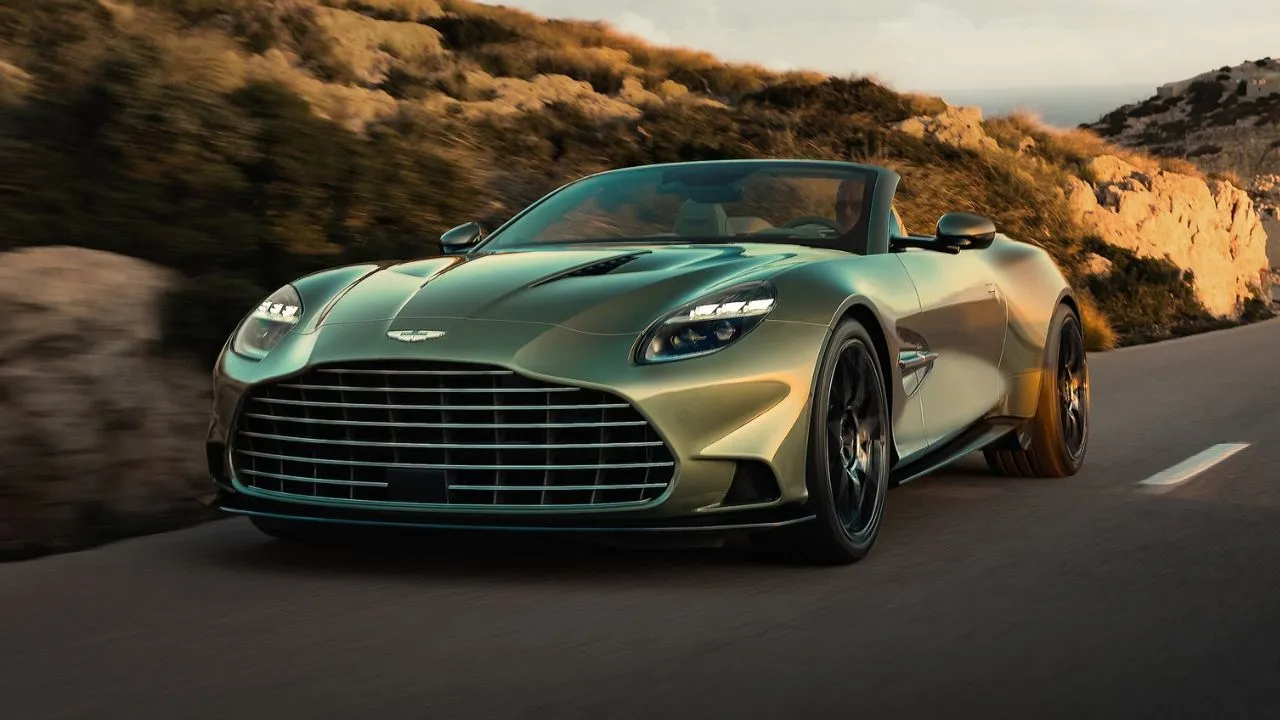
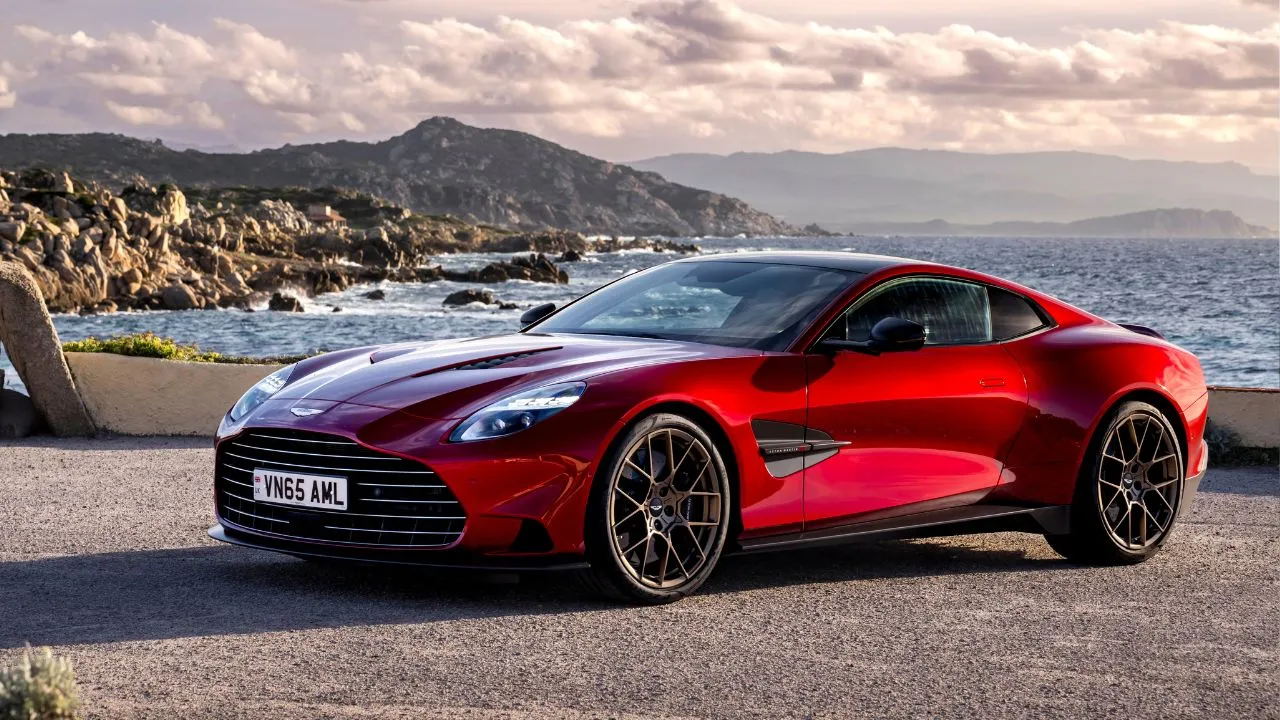
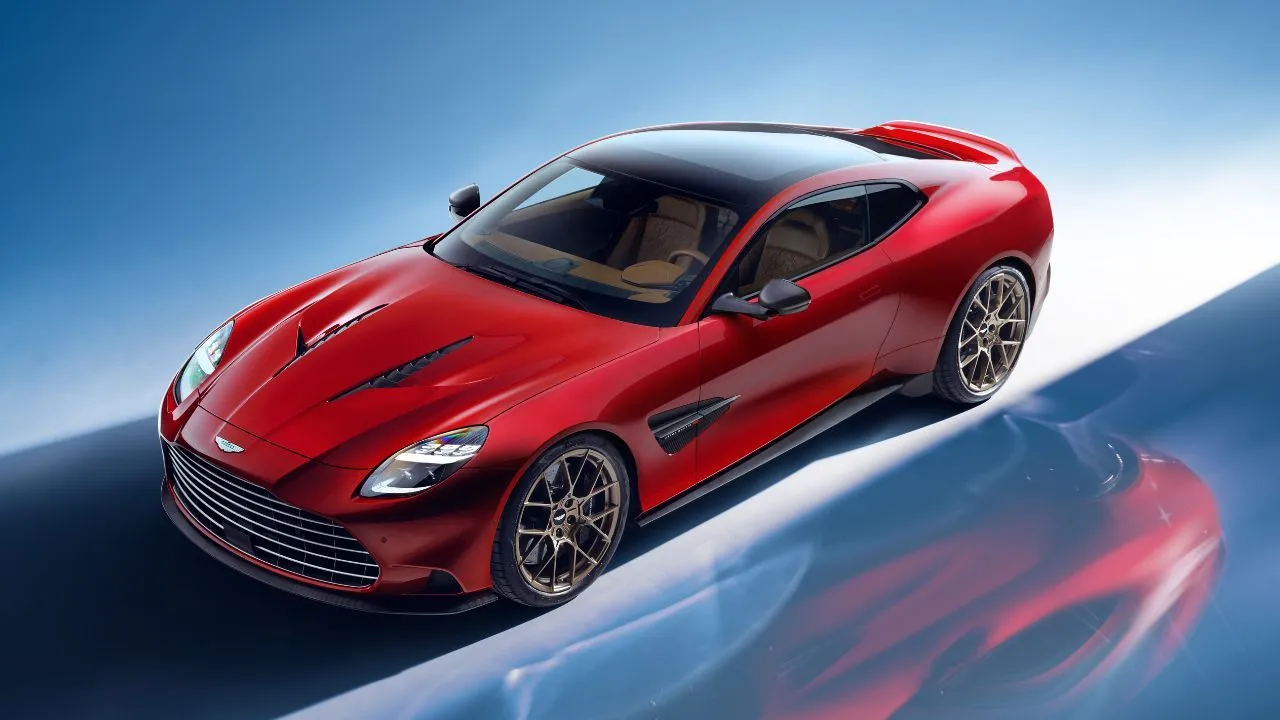
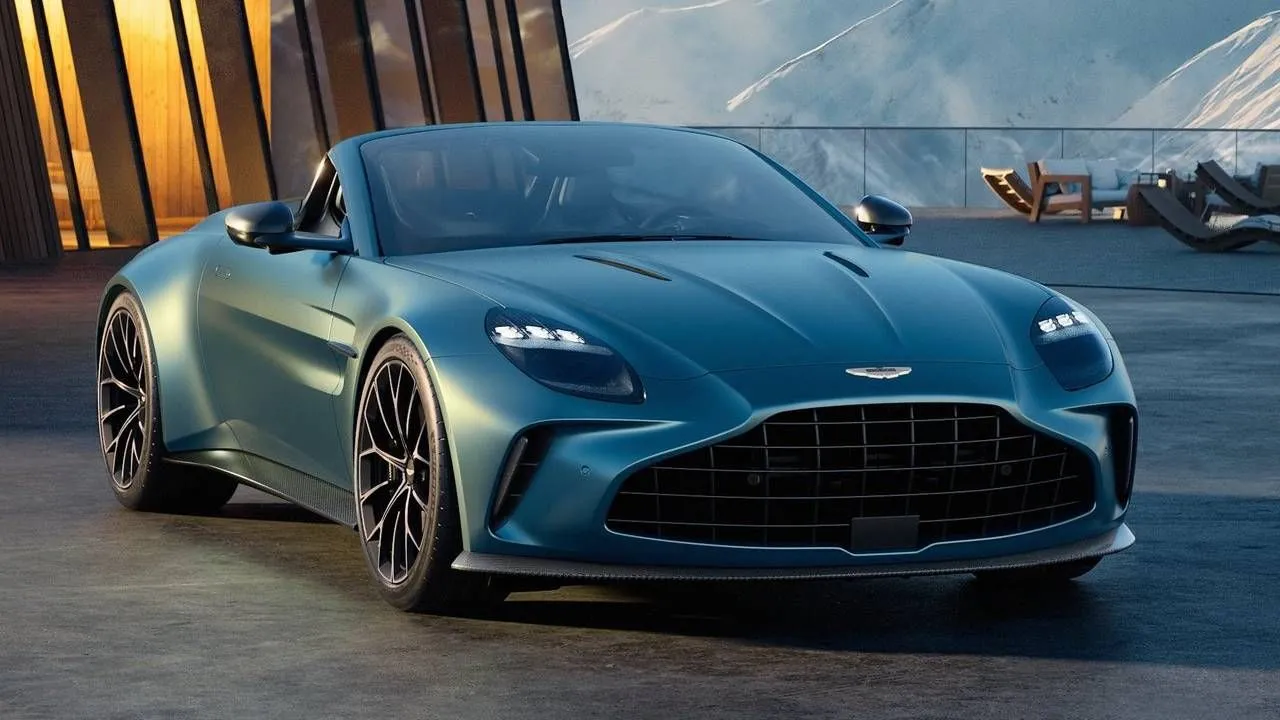
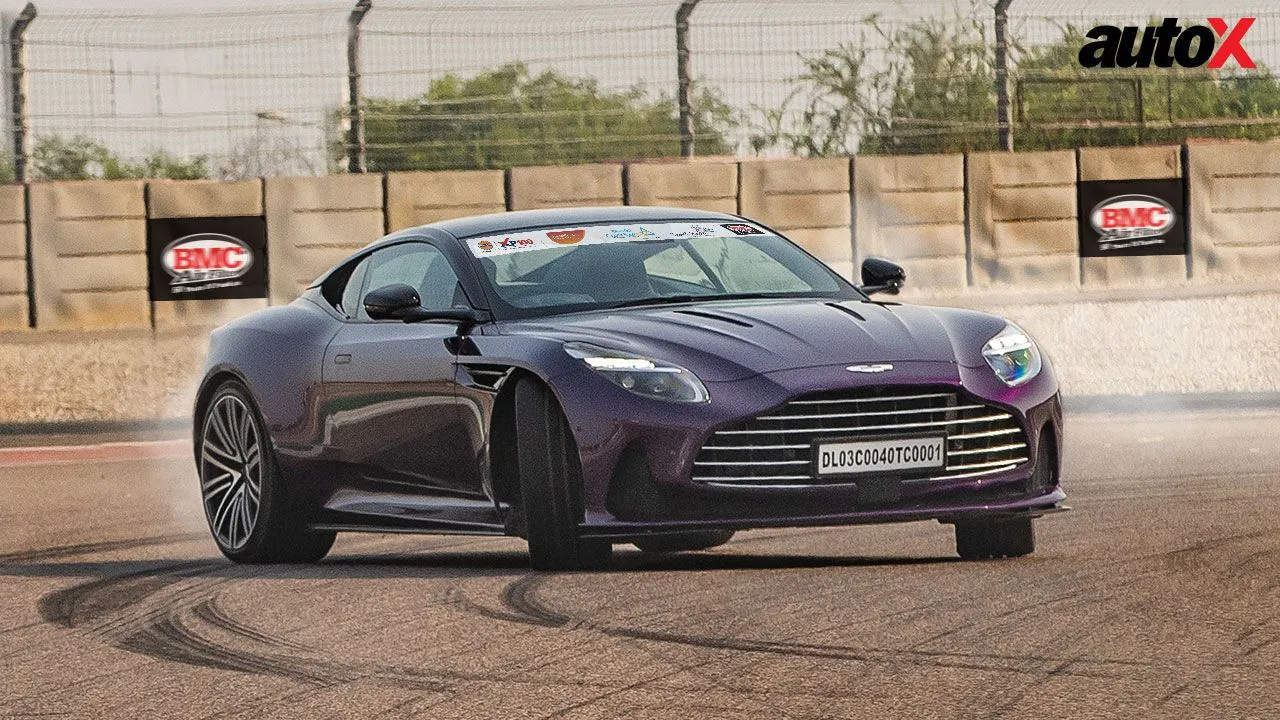
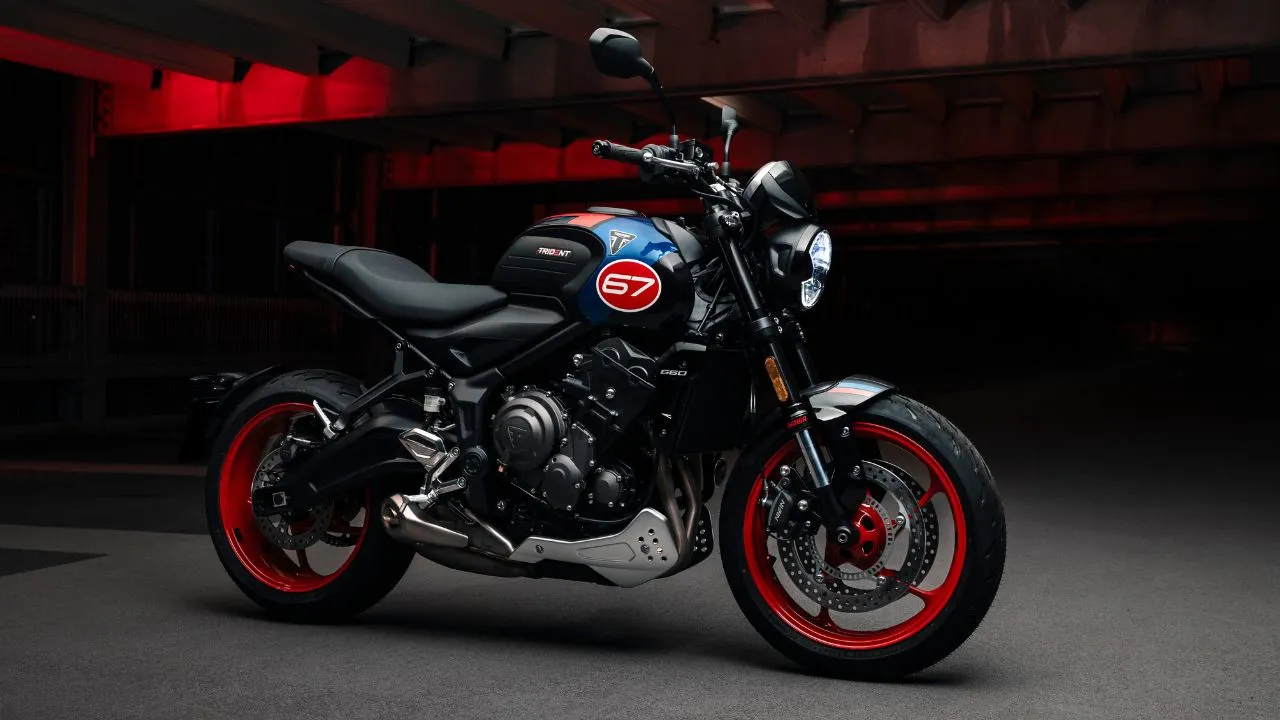
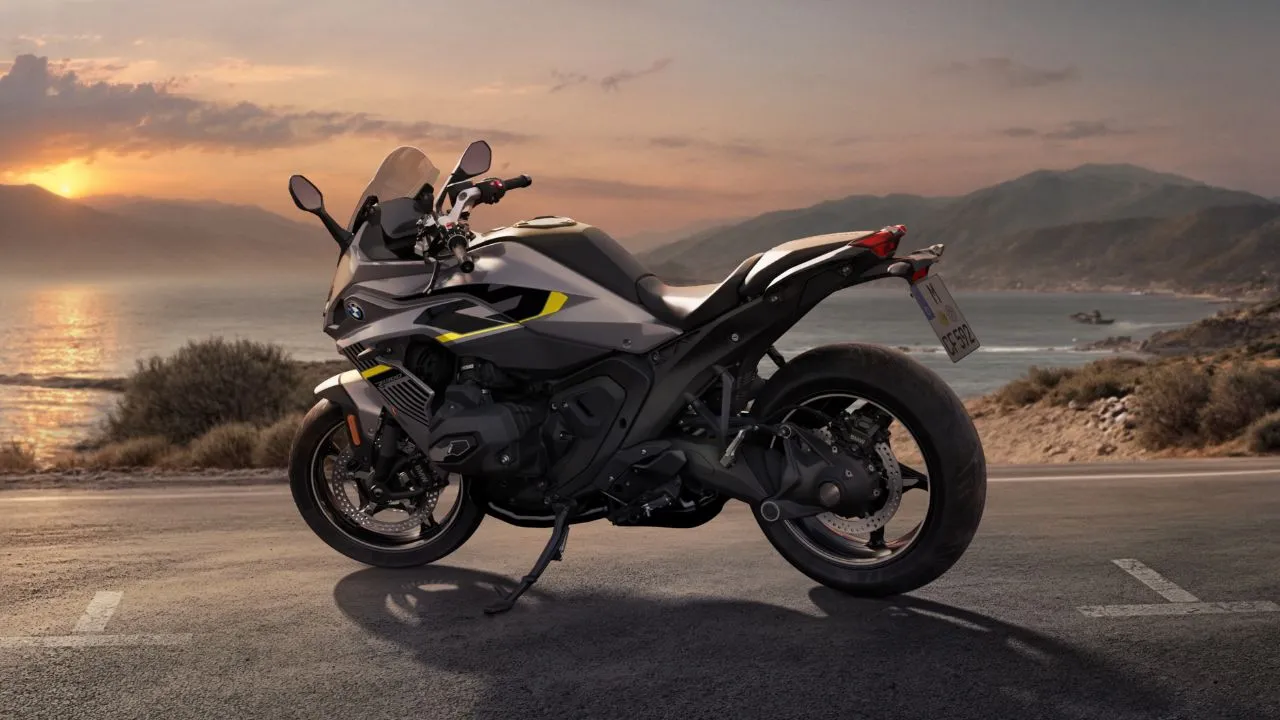
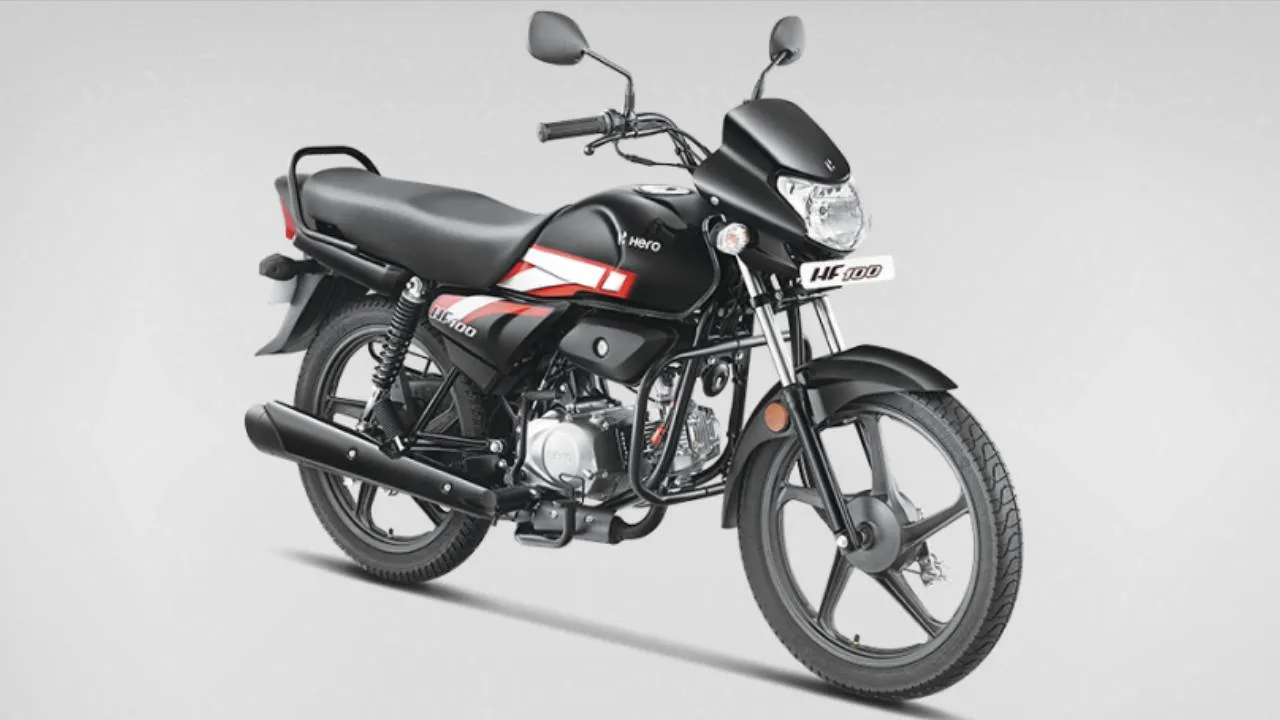
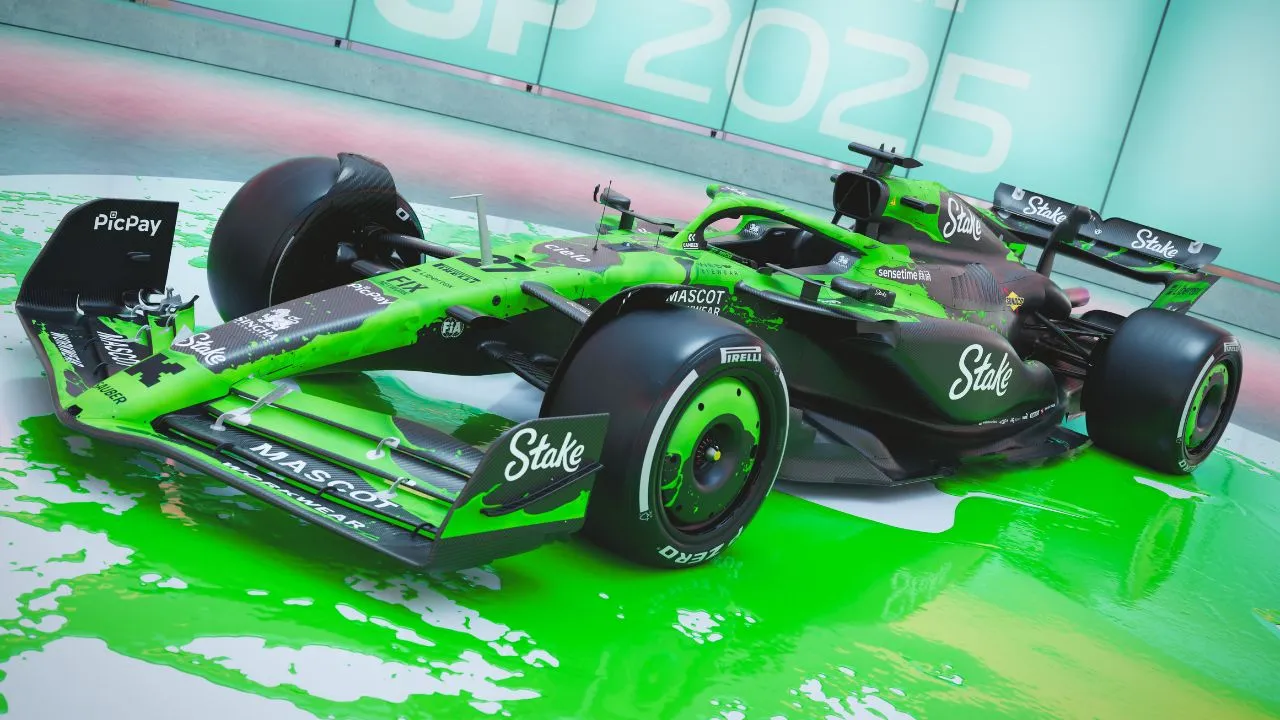
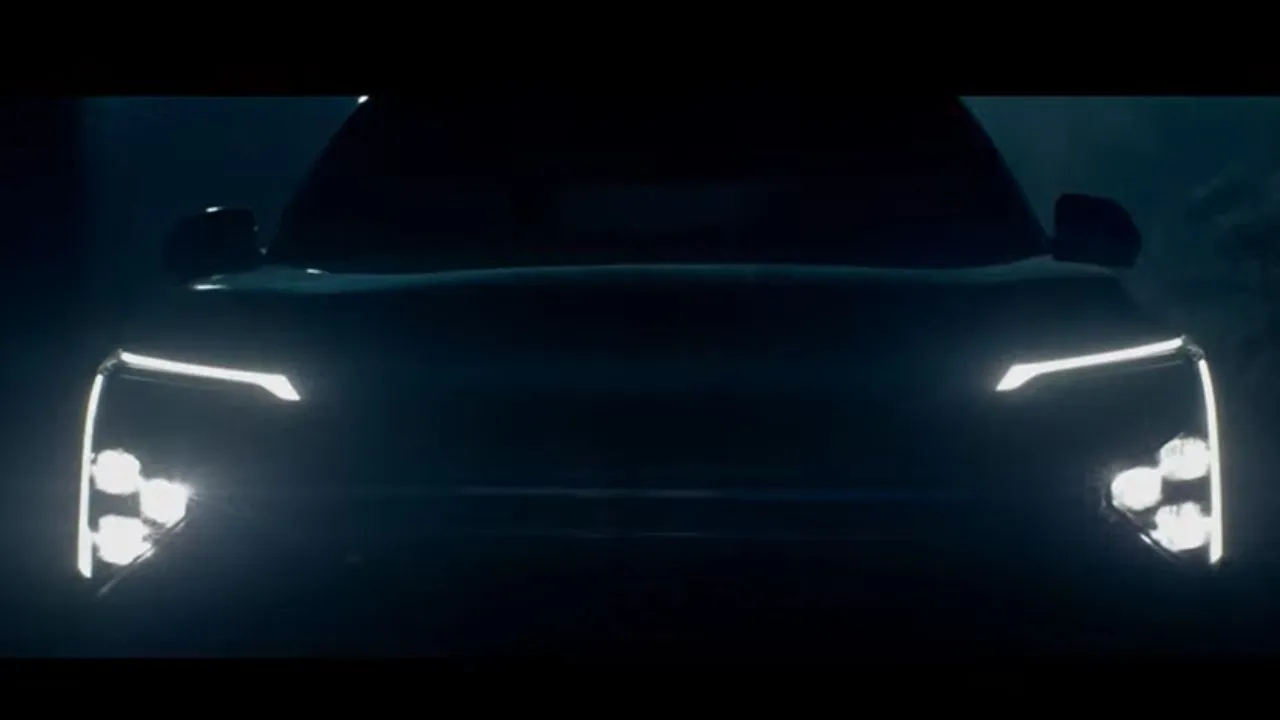

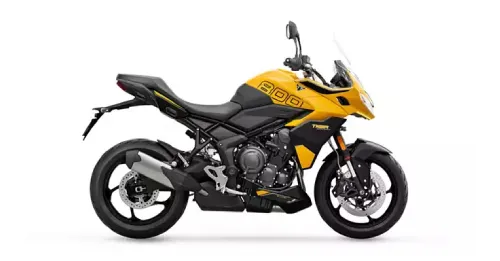
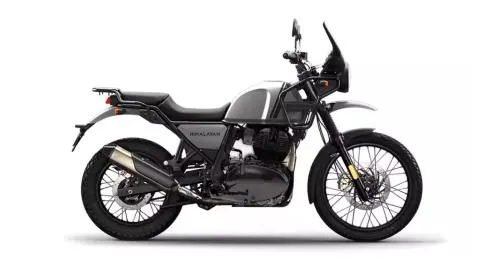
















Write your Comment on